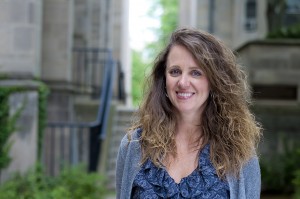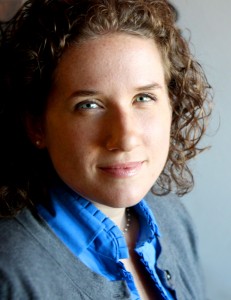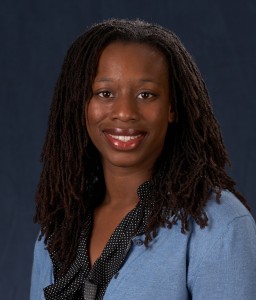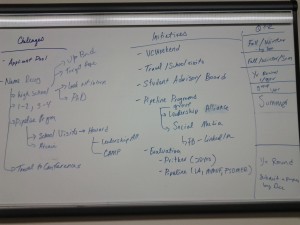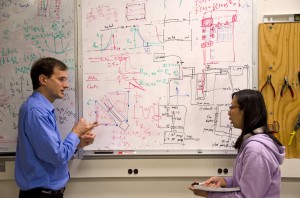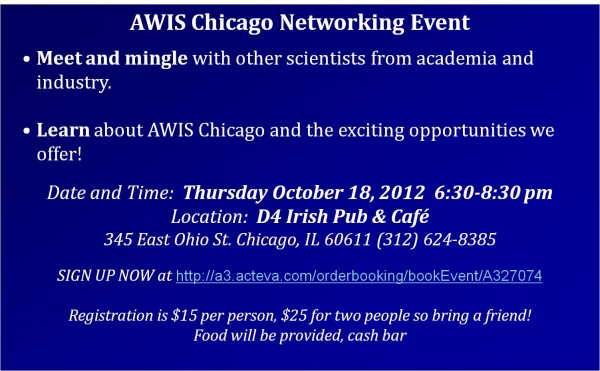Visit www.hlif.org for more info!
Program Description:
Considering joining a healthcare association to gain valuable volunteer experience or enhance your resume? You need to be at this event! This program will engage healthcare professionals and those new to the healthcare industry in meaningful association involvement. A variety of healthcare professional and networking associations will host information tables to share information with summit attendees. Presentations on social media engagement, non-profit board service, along with presentations by associations will take place throughout the day.
Confirmed speakers:
Desiree Vargas Wrigley, Founder & President, GiveForward, Inc.
Maria Katris, CEO, Built In
Mark Drapeau, Ph.D., Director of Innovative Engagement (Public Sector) at Microsoft
Meredith Williams, M.D., University of Chicago Medical Center, American College of Emergency Physicians, American Medical Association
Robbin Sejud, Integrated Marketing Leader, Crain’s Chicago Business, Jumpstart, Chicago Tribune Media Group, Linkedin
Zoya Kolkin, Senior Employment Services Associate, Upwardly Global
Invited/confirmed participating associations:
Asian Health Coalition of Illinois
Asian Healthcare Leaders Association
Association of Women in Science
Biologue Chicago
Chicago Health Executives Forum
Chicago Peer Health Exchange
Greater Chicago Chapter of the Healthcare Information Management & Systems Society
Healthcare Businesswomen’s Association
Health Leads
Health 2.0
Illinois Association for Healthcare Quality
Illinois Chamber of Commerce Healthcare Council
Illinois Medical Group Management Association
Illinois Organization of Nurse Leaders
National Association of Health Services Executives
Women in Bio Chicago
You should attend this summit if you are a(n):
Emerging Leader seeking professional development and mentoring opportunities, Early Careerist interested in developing your professional network and getting valuable volunteering experience, Student seeking opportunities to learn more about careers in the healthcare industry, Talent and Development Professional seeking partners and resources to develop your staff, Association Professional seeking resources to recruit and engage volunteers both online and offline, Generally curious about the great work healthcare professional associations are conducting in Chicago
Agenda:
10:30 am – 12:30 pm Presentations, Information Sessions
Presentation Track 1 – The Future of Associations: Building and Participating in Online Communities
12:30 pm – 1:30 pm Networking
5 minute presentations by association leaders
1:30 pm – 4:30 pm Presentations, Information Sessions
Presentation Track 2 – Maximizing Your Volunteer Experience: Gaining Experience and Exposure
Registration Details (includes lunch, light snacks, beverages):
Maggiano’s Little Italy, 516 North Clark Street, Chicago, IL 60654
Students: $15
Professionals: $20
AWIS would like your help! Interested in volunteering to help out at the AWIS booth? We would like your help for any hour-long time slot during the day. Contact info@awis-chicago.org for more details. Thank you!

